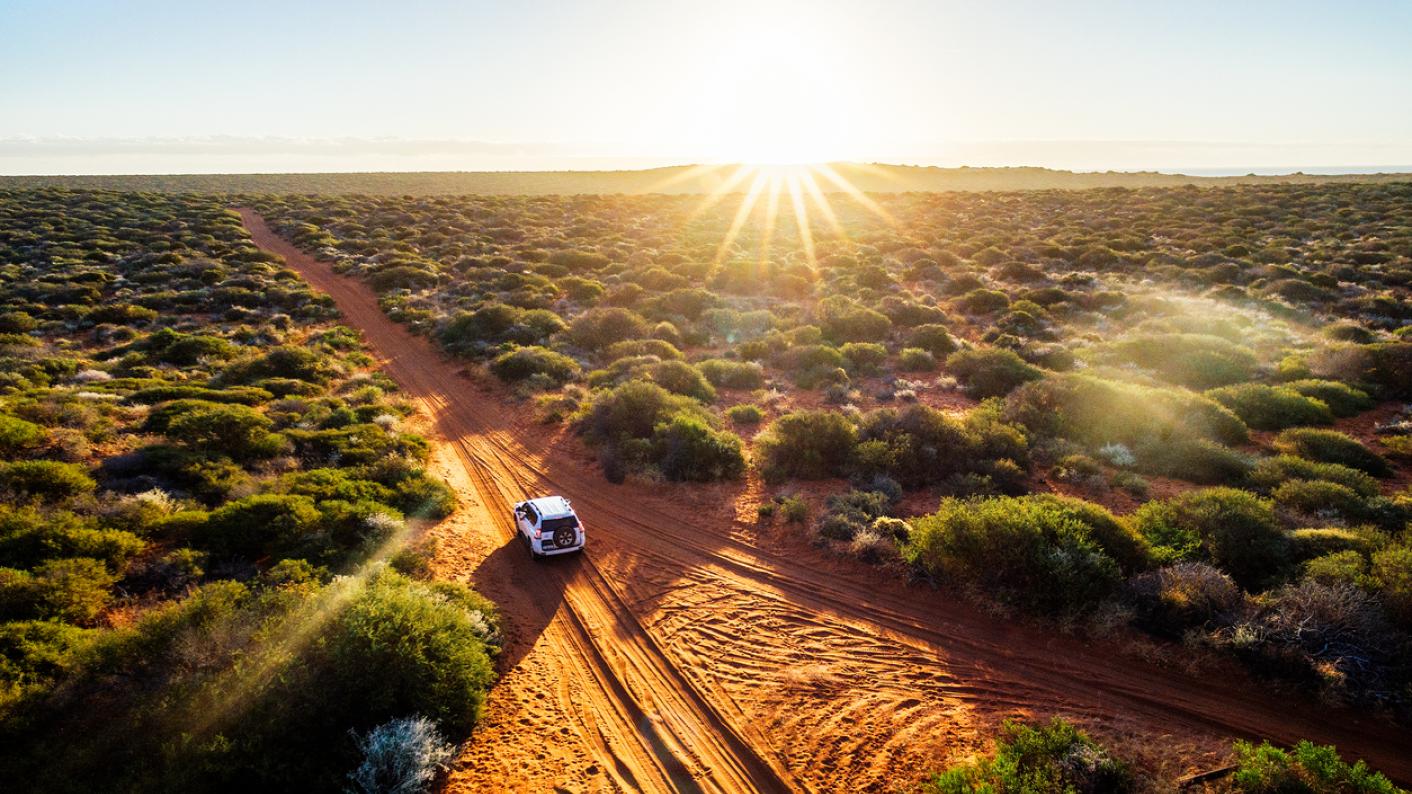There is a well-trodden path between Europe and Oceania. For many years, large numbers of international teachers from the UK and surrounding countries have headed Down Under and vice-versa.
A land of opportunity
Unlike other popular international destinations, Australia offers UK teachers the opportunity to work in state schools, opening a huge number of doors. Approximately two-thirds of pupils in the country attend government schools, while 20 per cent are in Catholic education and 14 per cent are in independent schools.
In New Zealand, the system is mostly made up of state schools, with additional state-integrated schools making up another 10 per cent and offering education based around either a religious faith or particular teaching style, such as Steiner (which charge a fee of around £750 per year).
Around five per cent of New Zealand schools are private, charging fees of around £10,000 per year. In Australia, the various states have differing requirements and you’ll need a separate visa to teach in each one.
Those looking to secure work in Oceania should start the application process in early September, as the school term starts at the end of January after the longer Christmas holiday.
Need-to-know numbers*
Education
1:14 – the teacher-to-pupil ratio in New Zealand secondary schools.
9,477 – the number of English-speaking schools in Australia.
£37,000 – the average salary of an Australian secondary school teacher.
Lifestyle
2 – Canberra’s ranking in Numbeo’s quality-of-life index.
£46.50 – the cost of a three-course meal for two in a restaurant in Auckland.
23 – the average temperature (Celsius) in Sydney in January.
Find out more:
Find all you need to know about teaching in Australia
Experience a day in the life of a teacher in Sydney
Meet Alex Dillon, a secondary school teacher in Whakatane, New Zealand
“I arrive at school at 7.45am after a short commute – even on a bad day, it only takes 7 minutes.
“But what really sets this job apart are my colleagues. I am supported, motivated, challenged and feel like a million dollars as a teacher. I’ve been able to command a classroom so confidently that my relationships with the students have blossomed. And this is by no means confined to the school grounds, as even after the bell rings, support is never further than a phone call away.
“The school has such a social culture, there’s always someone to laugh and joke with in the staffroom. When I first arrived, my head of department took time after school on a Friday night to help me pick up some furniture and move it into my flat before heading to the pub and exchanging jokes and stories over a beer.
“Extracurricular activities are heavily encouraged and supported here. The trips, fixtures, adventures and opportunities the students have are like nothing I’ve ever seen. It makes the job so exciting.
“As a rugby fanatic, I put my name forward to coach the under-14 rugby sevens team and entered them into the Bay of Plenty Youth Championships in Tauranga. After a full day of rugby in crystal clear skies, we made it to the final and managed to pull off a hard-fought victory and were crowned Bay Champions.
“If this weren't enough excitement for one day, both New Zealand national rugby sevens teams – the All Blacks and Black Ferns – appeared and took pictures with the students and signed autographs. I had to pinch myself.
“How I teach the students here is almost completely up to me. Their pieces of coursework and exams will have very clearly defined success criteria, but how long I spend on each topic and how I teach them is my choice.
“There is also nowhere near the level of accountability that teachers experience in countries like the UK. If students are failing to do the work, don’t use their free study time properly or don’t come to catch-up or revision sessions, they will fail and it will be seen as their choice to have done so.”
Ready to make your next move? Find the latest teaching jobs in Oceania and overseas.
*Figures from Relocate Magazine, Holiday Weather and Numbeo.
